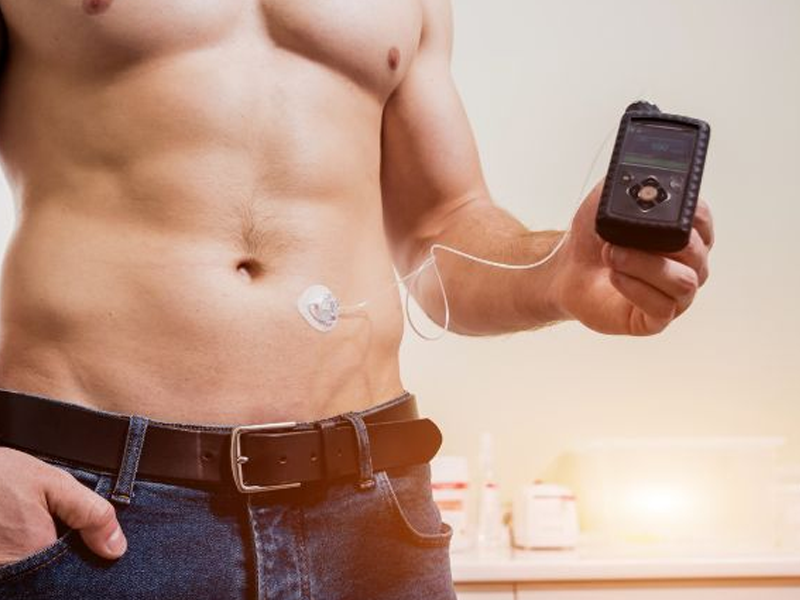
Introduction
Insulin and insulin pumps are essential tools for managing diabetes, particularly Type 1 diabetes. Proper counselling and training can help individuals with diabetes learn how to use insulin and insulin pumps effectively, reduce the risk of complications, and improve their overall health and well-being. Here are some key considerations for insulin and insulin pump counselling and training:
Insulin Counselling and Training:
Insulin is a hormone that regulates blood sugar levels in the body. People with Type 1 diabetes require insulin injections to regulate their blood sugar levels since their body does not produce insulin. Insulin may also be necessary for people with Type 2 diabetes, particularly when other treatments are not effective.
- Understanding Insulin: Individuals with diabetes must understand the different types of insulin and their effects on the body. They must also know how to properly store insulin, prepare syringes or pens, and inject insulin.
- Timing and Dosage: Insulin needs vary based on factors such as diet, exercise, and stress. Individuals with diabetes must know how to adjust their insulin dose and timing based on their individual needs.
- Blood Sugar Monitoring: Regular blood sugar monitoring is essential for managing diabetes. Individuals must understand how to use a glucose meter and interpret their results.
- Hypoglycemia: Insulin can cause low blood sugar levels, which can be dangerous. Individuals must learn to recognize and treat hypoglycemia.
- Hyperglycemia: Insulin dose and timing must be adjusted if blood sugar levels are too high. Individuals must learn to recognize and treat hyperglycemia.
- Injection Techniques: Proper injection techniques are important to minimize pain and discomfort and to ensure proper insulin absorption.
Insulin Pump Counselling and Training:
An insulin pump is a device that delivers insulin continuously throughout the day. The pump is attached to the body, and insulin is delivered through a catheter inserted under the skin. Insulin pump therapy offers more flexibility than insulin injections and can help improve blood sugar control.
- Pump Functionality: Individuals must understand how the pump works, including how to program and adjust basal rates, bolus doses, and other settings.
- Pump Accessories: Individuals must understand how to use the various pump accessories, such as infusion sets and reservoirs, and how to properly store them.
- Pump Maintenance: Proper pump maintenance is important to prevent pump malfunction or infection. Individuals must understand how to clean the pump and change the infusion set and reservoir.
- Blood Sugar Monitoring: Regular blood sugar monitoring is essential for managing diabetes. Individuals must understand how to use a glucose meter and interpret their results.
- Hypoglycemia: Insulin pumps can cause low blood sugar levels, which can be dangerous. Individuals must learn to recognize and treat hypoglycemia.
- Hyperglycemia: Pump settings must be adjusted if blood sugar levels are too high. Individuals must learn to recognize and treat hyperglycemia.
- Site Rotation: Proper site rotation is important to prevent tissue damage and insulin absorption problems. Individuals must understand how to rotate pump insertion sites.
In conclusion, proper counselling and training are essential for individuals with diabetes who use insulin or insulin pumps. A comprehensive approach to insulin and insulin pump management can help individuals learn how to use these tools effectively, reduce the risk of complications, and improve their overall health and well-being. Individuals with diabetes should work closely with their healthcare team to develop an individualized treatment plan that meets their unique needs and goals.
